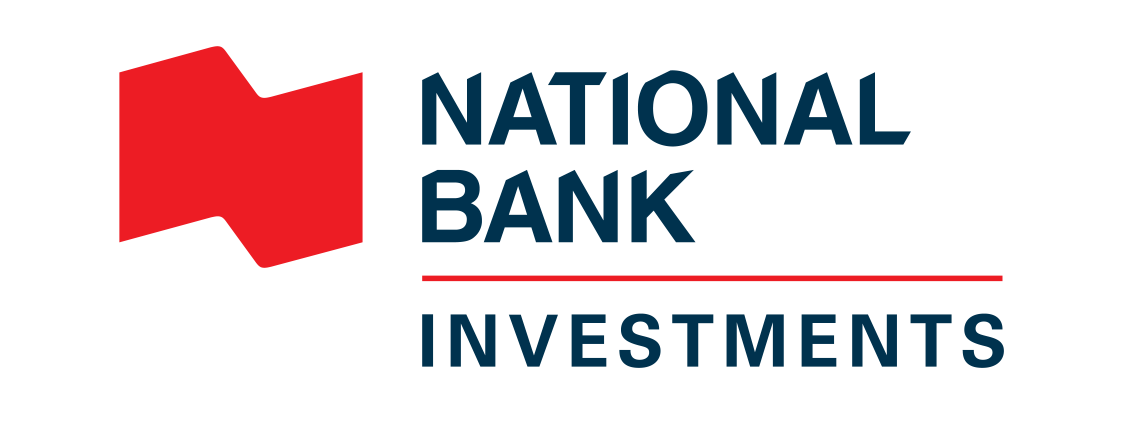
PAID CONTENT
In our sometimes-divided world, certain themes can be unifying because of the importance of the issues they represent. The imperative net-zero targets and the Paris Agreement signed by 194 Parties are a good example. The conclusion of numerous scientific studies on climate change is unequivocal: we, as a society, must consider the sustainability of our decisions for the benefit of future generations. Climate change will not solve itself and requires concerted action.
A number of investment solutions focused on energy transition has emerged in recent years. For conscientious investors, these solutions offer a way to contribute to a low-carbon economy. Whether it’s by investing in renewable energy funds or by selecting companies that have set targets to reduce their emissions, investors who want to go down this path have choices.
However, the responsible investment market is still relatively unregulated, and the resulting confusion can be a deterrent. As responsible investing generates interest and products in this category multiply, so do investor expectations.
Canada’s response
It is with this goal in mind that several organizations have taken it upon themselves to develop sustainable finance frameworks. Canada, through the Canadian Climate Institute, recently released a draft climate investment taxonomy¹. This new guide is designed to help investors identify investments that contribute to Canada’s goal of net-zero emissions by 2050.
The Canadian taxonomy is a comprehensive system that classifies projects into four categories: green, transition, enabling and excluded. These categories help identify investments that support a low-carbon economy and provide greater clarity for investors.
Both a reference tool and a roadmap toward net-zero objectives, this taxonomy is one of the many frameworks that we see emerging in the sustainable finance industry.
Sustainability according to National Bank Investments
How do you choose investments that respond to the many climate issues? The answer for National Bank Investments (NBI) was found in the form of a robust existing framework: the 17 United Nations Sustainable Development Goals (SDGs). The NBI Sustainable solutions are actively managed investment solutions based on these well-known goals. Adopted by UN Member States, the SDGs are a guide to investing in an inclusive and sustainable economy, helping to protect the planet and improve the lives of people around the world.
By aligning with the SDGs, NBI is well positioned to take advantage of the additional transparency proposed by Canada’s climate taxonomy. Moreover, the transition to a low-carbon economy responds directly to Goal 7, Affordable and clean energy. Many of the underlying assets of our Sustainable solutions are selected to meet this objective. For example, our solutions invest in financing renewable energy projects, bond issues for the energy-efficient transformation of buildings, or in companies manufacturing electric vehicle components.
Canada recently took a major step toward sustainable and transparent finance. For its part, NBI maintains its commitment to support climate goals that aim for a low-carbon economy. Through its range of products financing numerous social and environmental projects, NBI’s Sustainable solutions are ideal solutions for a climate-conscious portfolio!

NBI Funds and NBI ETFs (the “Funds”) are offered by National Bank Investments Inc., a wholly owned subsidiary of National Bank of Canada. Commissions, trailing commissions, brokerage fees, management fees and expenses all may be associated with mutual fund investments. Please read the prospectus of the Funds before investing. The Funds’ securities are not insured by the Canada Deposit Insurance Corporation or by any other government deposit insurer. The Funds are not guaranteed, their values change frequently and past performance may not be repeated. NBI ETFs units are bought and sold at market price on a stock exchange and brokerage commissions will reduce returns. NBI ETFs do not seek to return any predetermined amount at maturity.
© 2023 National Bank Investments Inc. All rights reserved. Any reproduction, in whole or in part, is strictly prohibited without the prior written consent of National Bank Investments Inc.
® NATIONAL BANK INVESTMENTS is a registered trademark of National Bank of Canada, used under licence by National Bank Investments Inc.
National Bank Investments is a signatory of the United Nations-supported Principles for Responsible Investment, a member of Canada’s Responsible Investment Association, and a founding participant in the Climate Engagement Canada initiative.
¹ Government of Canada, 2023, Taxonomy Roadmap Report, https://www.canada.ca/en/department-finance/programs/financial-sector-policy/sustainable-finance/sustainable-finance-action-council/taxonomy-roadmap-report.html